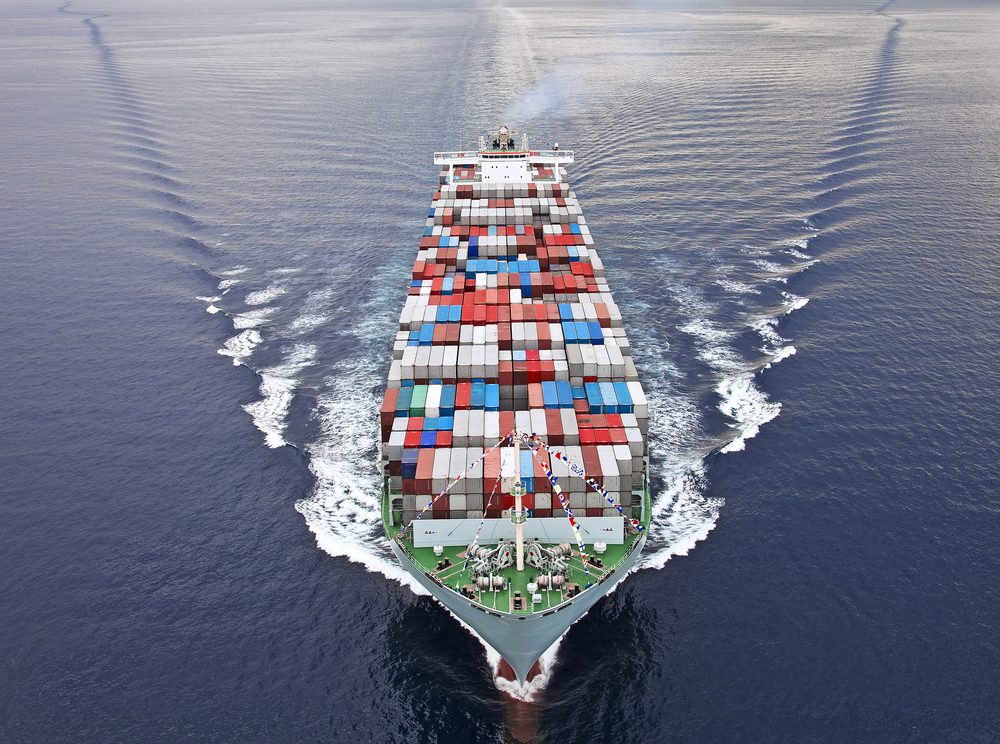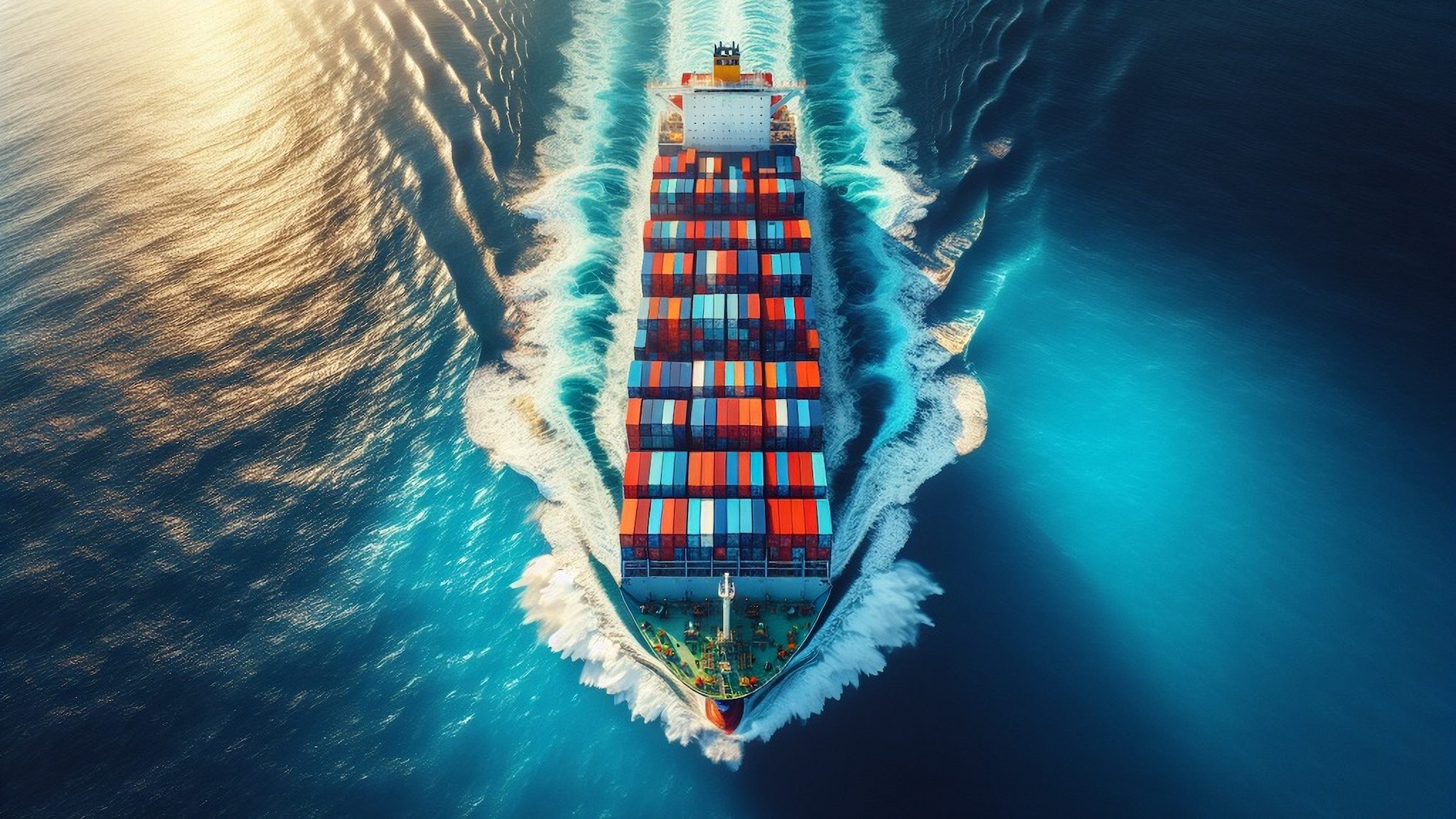Nuclear technology is becoming increasingly vital for maritime decarbonization, with American Bureau of Shipping (ABS) Chairman and CEO Christopher J. Wiernicki declaring it indispensable for achieving net-zero emissions in shipping by 2050.
“Not only does it offer zero carbon operations but higher power with faster transit speeds, increased cargo storage due to the elimination of fuel storage and it unlocks the potential for reverse cold ironing where the vessel powers the port,” Wiernicki said on Wednesday, while speaking at the Core Power New Nuclear for Maritime Houston Summit.
Nuclear power in hard to abate sectors like shipping not only can help to reduce emissions, but Wiernicki also believes there’s a strong economic case.
“The economics are compelling over the life of a vessel. When you account for fuel differentials, the cost of compliance and residual value, it costs roughly the same as fossil options, only with zero carbon operations. And it gets much more attractive when compared to the high cost of green fuels,” stated Wiernicki.
With ABS having published the industry’s first comprehensive rules for floating nuclear power last October, the groundwork is being laid for a new era in maritime propulsion that promises both environmental and operational benefits.
An ABS study in 2023 with Herbert Engineering demonstrated promising results for both container ships and tankers. The research revealed that a 14,000 TEU containership equipped with two 30MW fast reactors could operate for 25 years without refueling, while a Suezmax tanker with four 5MW microreactors would require only one refuel over the same period.
Broader industry momentum has also been building, with major players taking significant steps in the space of the nuclear propulsion. Lloyd’s Register and CORE POWER have partnered with Maersk to study nuclear-powered container ships, focusing on regulatory frameworks and safety protocols for fourth-generation reactors. Meanwhile, Newcleo has joined forces with Fincantieri and RINA to develop lead-cooled SMRs designed specifically for maritime applications.
However, successful implementation of nuclear propulsion faces several hurdles. Wiernicki outlined key challenges including the need for new public-private partnerships, insurance model updates, regulatory framework development, and comprehensive crew training programs. “The ultimate boundary condition for this technology will be safety, and we need to ensure we engage and educate the public about the advanced safety performance of these new reactors,” he stated.
Editorial Standards · Corrections · About gCaptain

 Join The Club
Join The Club











